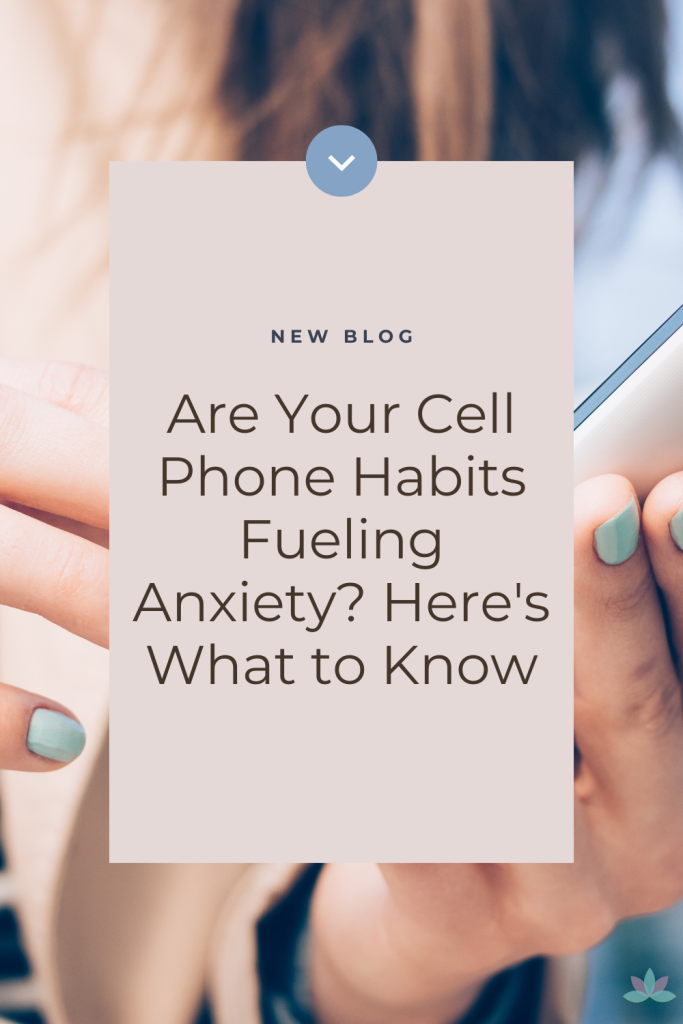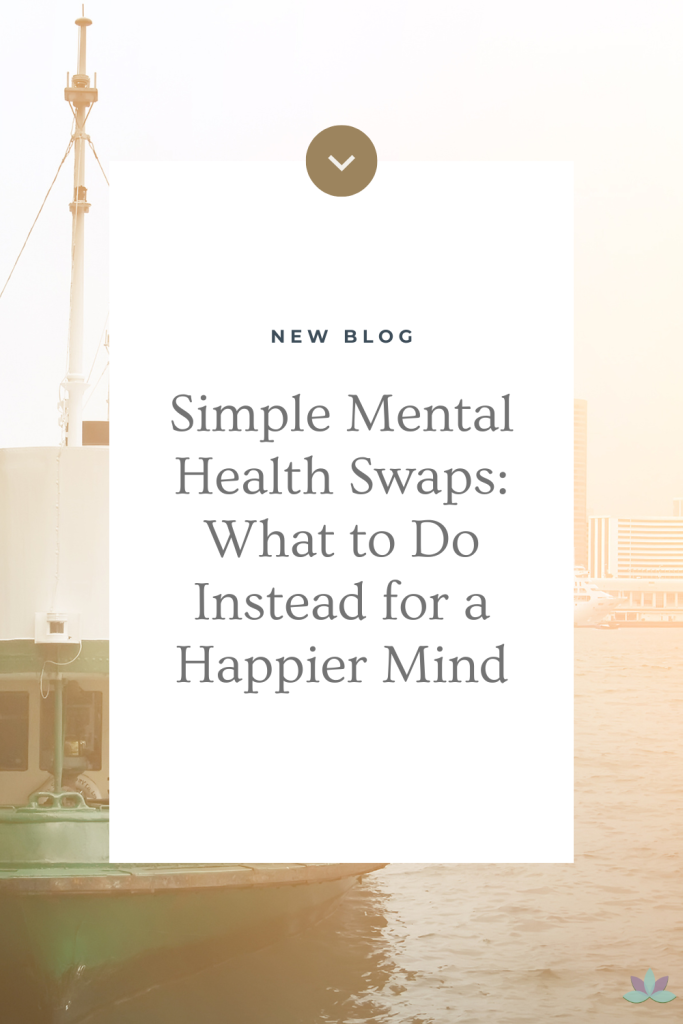
If you’ve ever felt a pang of anxiety when you can’t find your phone or caught yourself endlessly scrolling late at night, you’re not alone. Our relationship with cell phones is complicated—it’s like carrying the world in your pocket, but sometimes that pocket feels unbearably heavy. The way we interact with our devices can have a significant impact on our mental health, and certain habits may unknowingly ramp up feelings of anxiety.
The Anxiety-Cell Phone Connection
Cell phones are powerful tools for staying connected, but they can also become sources of stress. Notifications, blue-light exposure, and constant availability create an environment where our brains struggle to find downtime. Here’s why:
- Constant Alerts = Constant Stress
Every ding, buzz, or banner notification triggers your brain’s stress response. Even when you’re not consciously aware of it, your body is preparing to react, flooding your system with cortisol and adrenaline. Over time, this constant state of hyper-alertness can exacerbate feelings of anxiety. - The Comparison Trap
Social media is often a highlight reel of other people’s lives, and endlessly scrolling through curated content can lead to feelings of inadequacy or FOMO (fear of missing out). This cycle can create a feedback loop where you seek connection but end up feeling isolated or unworthy. - The Pressure to Respond
Instant communication is both a blessing and a curse. The pressure to reply immediately—whether it’s work emails, group texts, or social media DMs—can create an overwhelming sense of obligation. This “always-on” mindset leaves little room for mental rest.
Habits That Might Be Making Things Worse
Some common phone habits may be unknowingly fueling anxiety. Here are a few to watch out for:
- Sleeping with Your Phone
If your phone is the first thing you see when you wake up and the last thing before bed, it might be interrupting your ability to relax. The blue light emitted by screens interferes with melatonin production, making it harder to fall and stay asleep—an essential factor in managing anxiety. - Checking Your Phone First Thing in the Morning
Starting your day by diving into notifications can set a stressful tone for the hours ahead. Instead of easing into your morning, you’re immediately bombarded with to-dos, news updates, and messages demanding your attention. - Multitasking with Your Phone
Using your phone while eating, watching TV, or even talking with someone can dilute your focus. Splitting your attention between activities creates cognitive overload, which can worsen anxiety over time.
Finding a Healthier Balance
Changing your phone habits doesn’t mean going off the grid. Instead, it’s about creating intentional boundaries that protect your mental health. Try these ideas to regain a sense of control:
- Set Boundaries for Notifications
Turn off non-essential notifications, or set your phone to “Do Not Disturb” during certain hours. Creating windows of uninterrupted time can reduce the feeling of being constantly on call. - Designate “Phone-Free” Zones
Keep your phone out of the bedroom or create tech-free times during meals or family gatherings. These small breaks give your brain space to breathe and recharge. - Replace Scrolling with Grounding Activities
If you catch yourself reaching for your phone out of boredom, try a grounding activity instead—like journaling, deep breathing, or taking a quick walk. These practices can help ease anxiety in the moment and reinforce healthier habits over time.
The relationship we have with our phones doesn’t have to be stressful. By making small, intentional changes, you can create space for rest, presence, and calm in your day-to-day life—one notification-free moment at a time.
Our team of compassionate therapists is here to help you find the support you need. We believe in a holistic approach, treating your mind, body, and spirit. With a blend of traditional and alternative therapies, we tailor your experience to meet your unique needs. At Blossom, we create a non-judgmental space where you can be your authentic self. Our goal is to empower you, amplify your strengths, and help you create lasting change. Together, we’ll navigate life’s challenges and help you bloom, grow, blossom! You deserve to become the best version of you.




